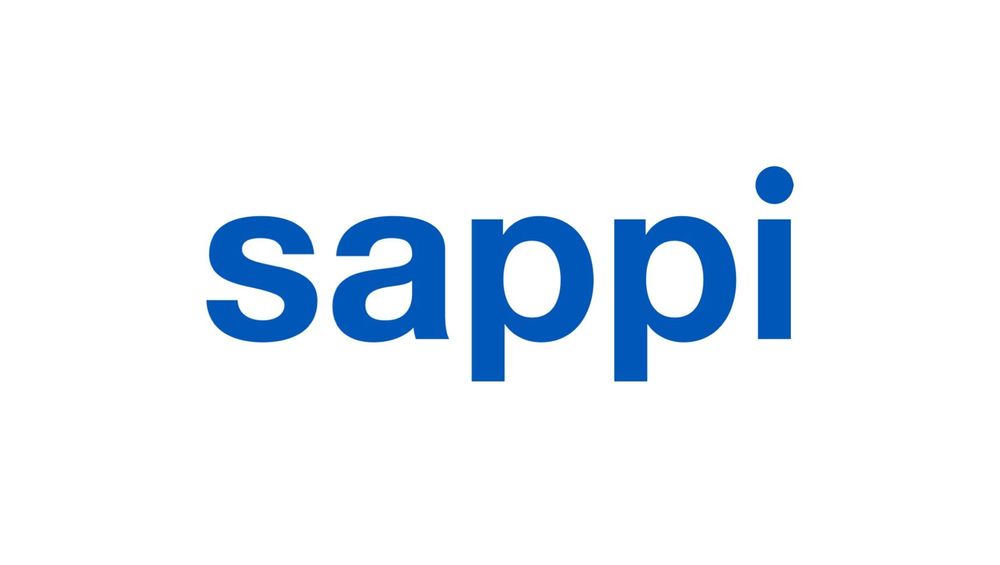Sappi North America Hires New Director of Sustainability

Sappi North America is pleased to announce that Bakul Wadgaonkar has joined our team as Director of Sustainability. Bakul comes to Sappi with many years of experience in environmental health and safety, sustainability, manufacturing and quality management at Apple, Bose Corporation and DSM Coating Resins.
She holds a master’s degree in mechanical/materials science and engineering from the University of Mississippi and a bachelor’s degree in polymer science engineering from Savitribai Phule Pune University in Maharashtra, India. A resident of the Boston area, Bakul first worked for DSM, a company that made powder coating and polyurethane coating, both types of polymeric coatings. At DSM, Bakul got involved in sustainability initiatives at the company, which is ranked No. 1 in the chemical sector on the Dow Jones Sustainability Index.
She then worked at Bose as Environmental Compliance Engineer III, where she was part of the team that banned phthalates, halogenated flame retardants and PVC from Bose products. At Apple, Bakul served in the Environment and Supply Chain Innovation Group, where she worked with global suppliers to assist with their sustainability-related initiatives, driving a more sustainable supply chain. With Bakul joining the Sappi team, we sat down recently to get her perspective on sustainability.
What attracted you to Sappi?
Sappi’s direct dependence on renewable materials was an initial attraction. It seemed clear that if Sappi does not engage in sustainable practices, Sappi would cease to exist. That’s really what attracted me—sustainability is a core value for Sappi. I feel like that’s where I can apply what I’ve learned. The right next step for me is to work in an environment where sustainability as a value is part of the core business of the company.
How might you leverage your past experience here at Sappi?
At my prior companies, it was very global and diverse, very dynamic, and that’s where I learned the importance of not only doing sustainability yourself, but also empowering the supply chain to take on those same things. It’s been really interesting because the number of problems you come across in a global supply chain like that really teaches you a lot about sustainability and gives you a global perspective.
Another responsibility of directing sustainability efforts is to educate people and help them understand the long-term strategy. What I do is help people see your vision and get a buy-in so they collectively share that vision and work towards it. That is certainly the biggest skill a sustainability professional needs, other than the whole technical aspect of gathering the data, making sure that data is accurate—it’s reliable, it’s reproducible—and making sure that data is driving our decisions, that our decisions are grounded in reality. I think I can build relationships and bring those relationships and knowledge from other people back into our sustainability initiatives.

